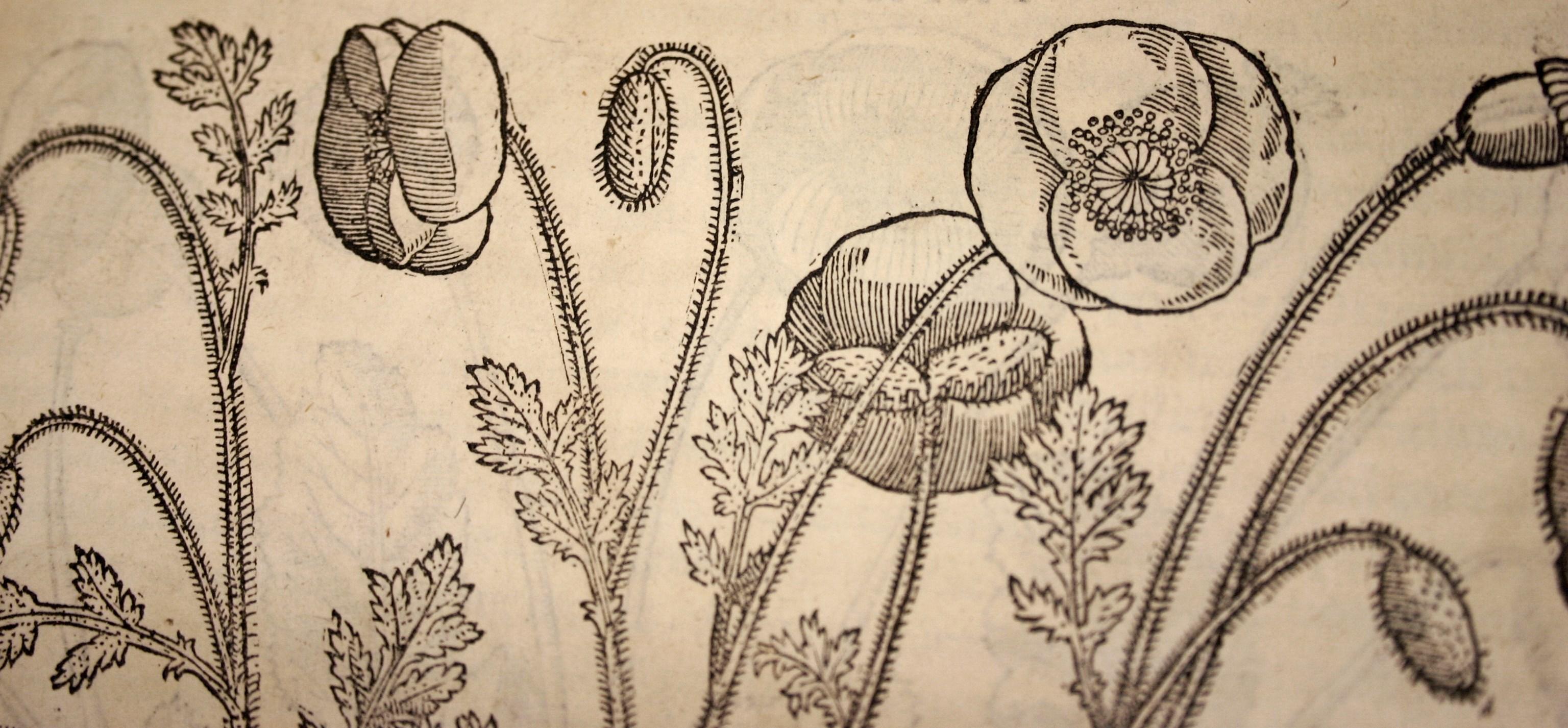Shell shock had immense impact on the soldiers of the First World War and the medical profession was unprepared to handle mental trauma. Many at the time thought that psychiatry was second-rate medicine. The neurologist William Brown (1881–1952) fought this idea and aimed to treat the minds of soldiers as well as their bodies. His writings in The Lancet and elsewhere reveal his unique role during the war years.
Psychiatry was not a popular choice of specialty in England at the turn of the 20th century. The field had resisted progression, but the First World War forced a change in medicine.
Soldiers experienced shell shock, and other forms of high stress, as well as physical injury. Doctors could no longer afford to give the field of psychiatry so little attention or credibility. Neurologists began to see the importance of psychological analysis and transitioned to practising psychiatry. William Brown, distinguished fellow of the RCP, was an early adopter of this change.
Working as a neurologist during the war, Brown was stationed at Maghull Military Hospital and the Maudsley Hospital, two pioneering facilities for treating mental illness. In The Lancet of 1918, Brown wrote the article ‘The treatment of cases of shell shock in an advanced neurological centre’. Here he aimed to define shell shock. He described it as ‘the intense emotion of fear caused by the shell explosion, of which they are the objective physical manifestations’. He described how the stress buried itself beneath the conscious level and created debilitating symptoms.
But no rest is possible while the mind is obsessed with bottled-up emotion. This emotion must be completely worked off, and then true rest will come.
Influenced by Sigmund Freud (1856–1939), the neurologist turned to psychiatry. Brown attempted to bring the patient’s repressed trauma into consciousness, looking underneath the surface and into the patient’s mind.
Treating these conditions took time and patience. Brown thought rest was essential to treating the symptoms, but was ineffective in treating the underlying problems. ‘But no rest is possible while the mind is obsessed with bottled-up emotion. This emotion must be completely worked off, and then true rest will come,’ he wrote in The Lancet of 1918.

Brown also dealt with his own emotions. His rapport with his patients was like a high-wire balancing act. He treated them with an ‘enthusiastic expectation of rapid recovery’. Mental illness takes uncertain paths and some see full recovery as a grey area. Brown always thought it was his duty to facilitate hope.
After the war, Brown continued to make waves in the field of psychology and founded the Institute of Experimental Psychology at the University of Oxford. He reached into other fields to better understand and heal the mind. He was a neurologist, psychiatrist and philosopher, and his career reveals the importance of never closing yourself off to other areas of knowledge.
Kyle-Anne Bell, archives volunteer
Learn more about our library, archive and museum collections on our blog, and follow @RCPmuseum on Twitter and @rcpmuseum on Instagram.
The following resources were used to inform this post and are all available from the RCP library:
- Brown W, The treatment of cases of shell shock in an advanced neurological centre. The Lancet 1918;192:197–200.
- Brown W, War neurosis: a comparison of early cases seen in the field with those seen at the base. The Lancet 1919;193:833–6.
- Brown W. Mind, medicine and metaphysics. London: Oxford University Press, 1936.
- Brown W, The psychologist in war time. The Lancet 1939;233:1288.
